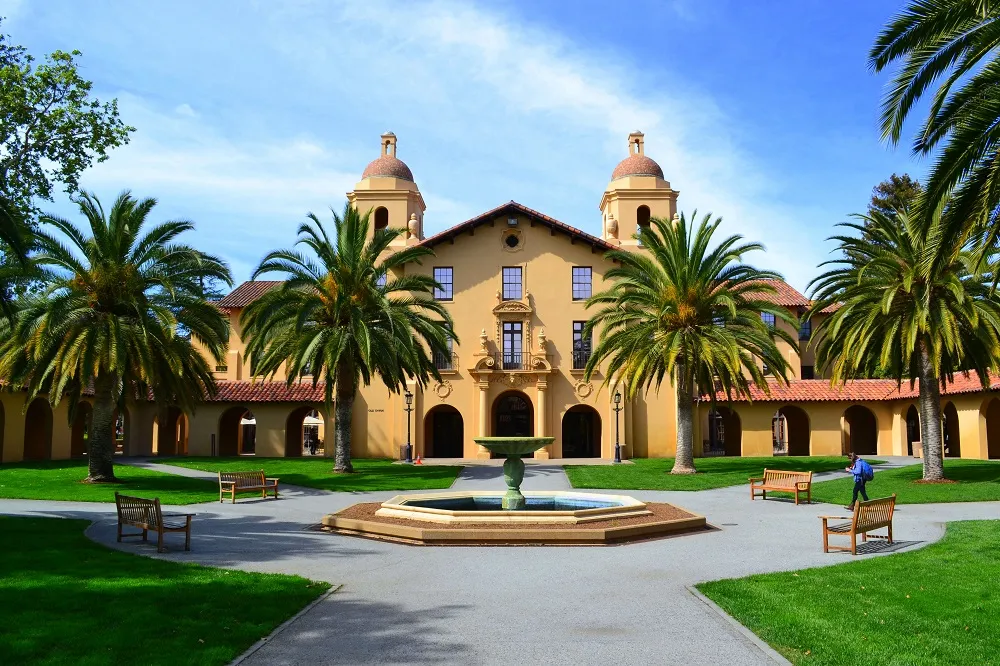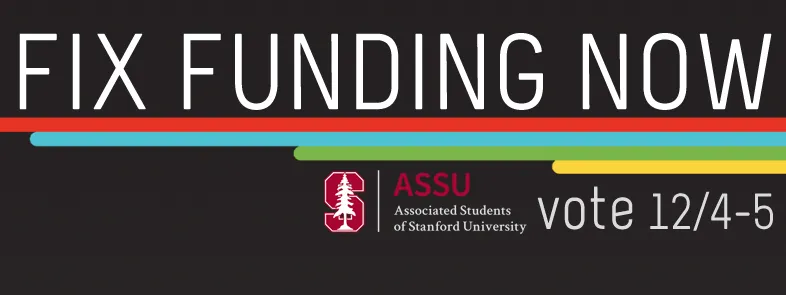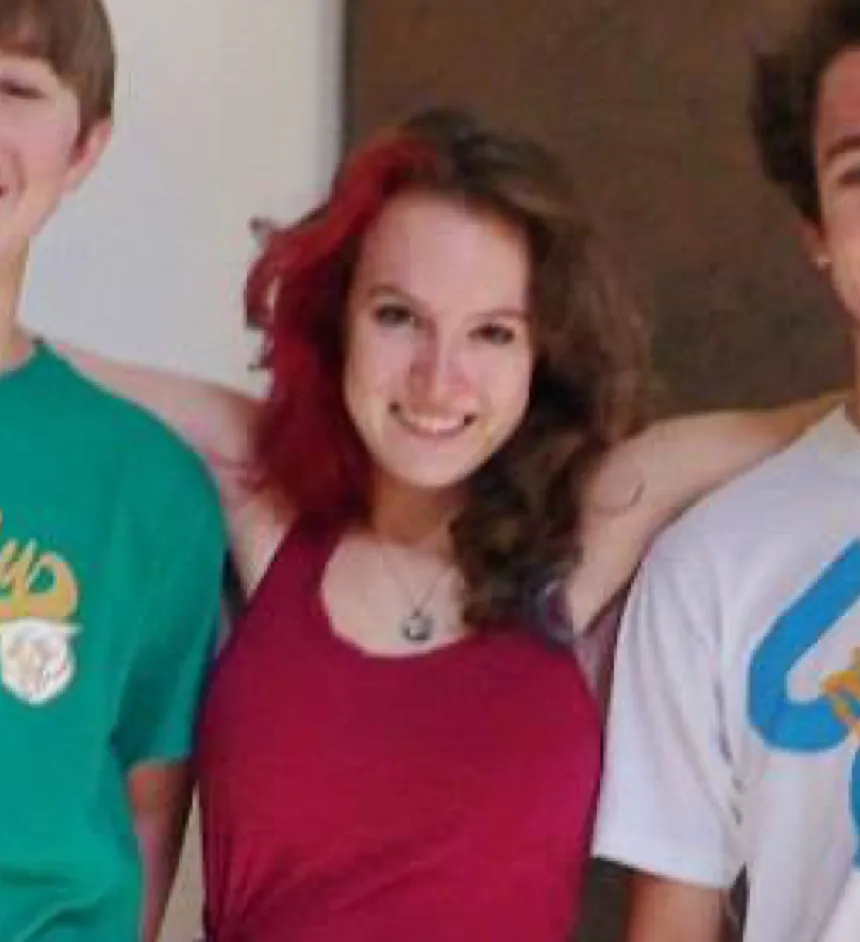Table of Contents
This year, six VSOs failed to receive special fees funding not because they did not receive 50 percent approval (although some came close), but rather because of the enforcement of the other clause of the Constitution regarding Special Fees, which says that (see bold):
A Special Fee shall be deemed to have passed if a majority of those voting on it from each of the relevant populations were in favor and if those in favor constituted at least 15 percent of those members of the Association eligible to vote on that Special Fee.
The groups in question failed (in one case by a mere .3 percent, or 21 votes) because the number of yes votes was less than 15 percent of the eligible undergraduate voting population. It seems perfectly reasonable that the Elections Commission should elect to enforce the ASSU Constitution. After all, it seems to be their duty to ensure that the rules following voting were followed. However, some shock was expressed around campus regarding the failures, as at least last year (it is difficult to tell exactly whether the rule was enforced in 2008 (at least one group was approved with a relatively low number of yes votes, but the exact threshold depends on enrollment), although it seems plausible that it would have been), this second part of the clause was not enforced.
Indeed, looking at the 2009 Petitions Policies, in Winter of 2008-2009, 1228 undergraduate students were needed to constitute 15 percent of the student body. Even if we adjust this number down by the same proportion as this year (1088 students in Winter to 1024 in Spring, a 5.88 percent decrease), we can see that each VSO would have needed at least 1156 “yes” votes to be passed. If the Elections Commission had used that threshold, what would have happened?
According to that estimate, there are 16 groups that “should” have failed to pass Special Fees last year. Even if we assume that only 1024 votes were needed to pass (same as this year; assuming that the Winter numbers are correct, this is likely to be a sizable underestimate), then 6 groups should not have been approved, including all of the groups that did not receive funding this year, with the exception of Model UN (aka the Society for International Affairs at Stanford), which succeeded in 2009.
How will this be dealt with? It’s obviously too late to take away funding from the groups in question and I can’t really imagine any other sanction being put into effect, but it seems likely that there will at least be questions posed about this issue at the upcoming Tuesday Senate meeting. We’ll all have to wait and see how it turns out.








